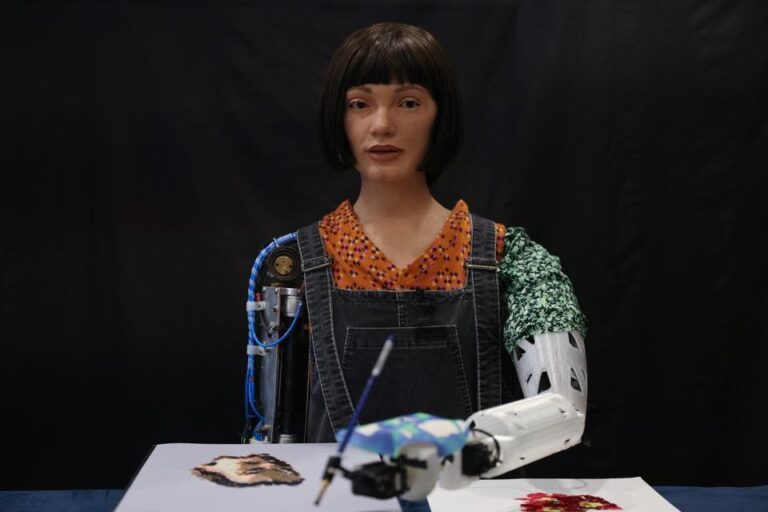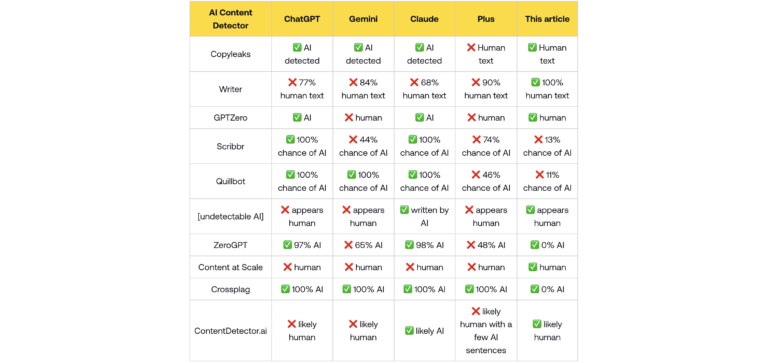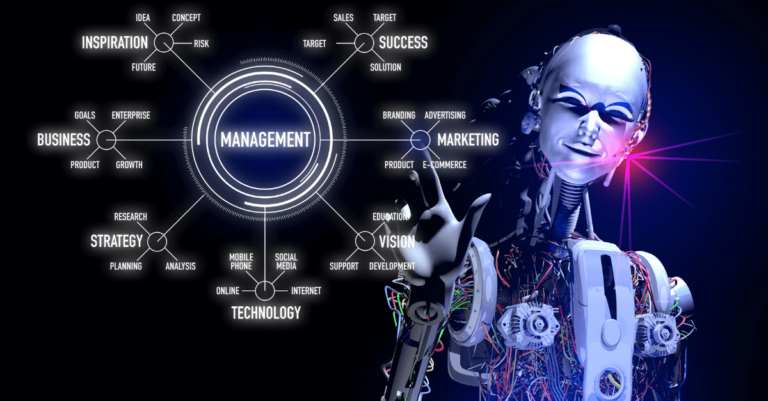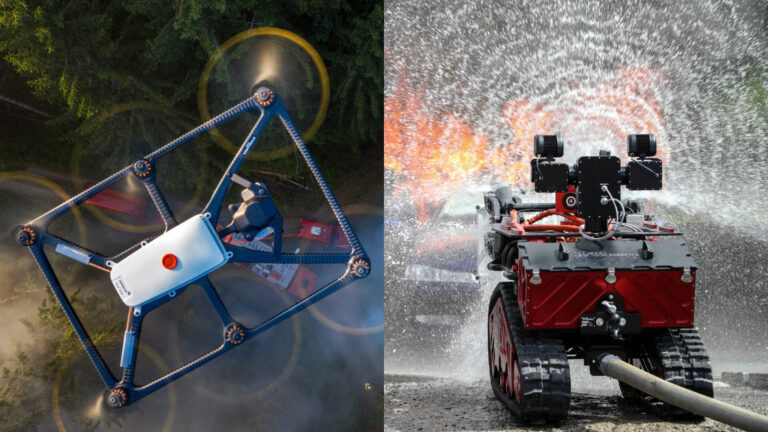AI is significantly propelling quantum computing advancements, making complex computations more efficient. This synergy could revolutionize technology and various industries.
Quantum computing, paired with AI, is set to transform technological landscapes. Traditional computers struggle with complex problems, but quantum computers handle them efficiently. AI algorithms optimize quantum computing processes, enhancing performance and accuracy. Industries like healthcare, finance, and cryptography stand to benefit immensely.
AI-driven quantum computing can solve intricate problems faster than ever. This collaboration promises breakthroughs in data analysis, drug discovery, and secure communications. As AI continues to evolve, its impact on quantum computing will grow, unlocking unprecedented capabilities. The future of technology hinges on this powerful partnership, driving innovation and progress across numerous fields.
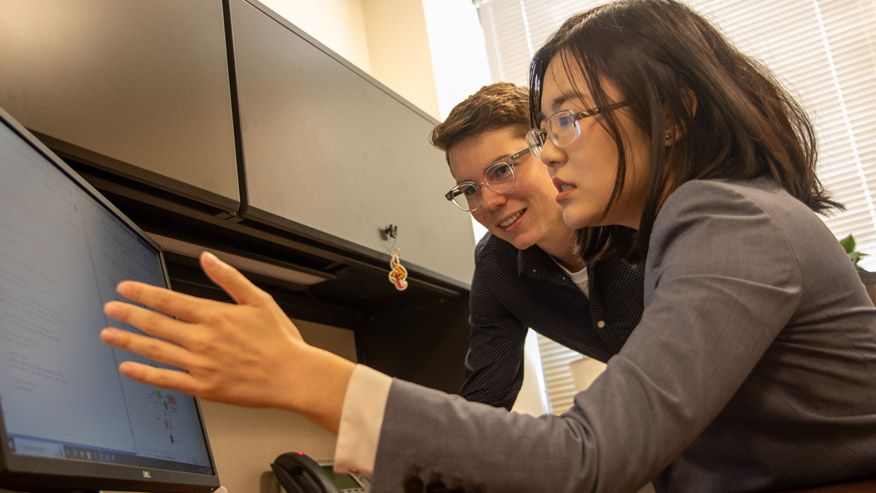
The Dawn Of A New Era: Ai And Quantum Computing
We are witnessing a groundbreaking transformation. AI and Quantum Computing are reshaping our world. This fusion heralds a new era of innovation and possibilities. Let’s dive into this exciting journey.
Bridging Two Worlds: Ai Meets Quantum Physics
AI and Quantum Physics are two powerful domains. Combining them can unlock unprecedented capabilities. AI can analyze vast data sets quickly. Quantum computing can process complex calculations. Together, they can solve problems that were once unsolvable.
| AI Capabilities | Quantum Computing Strengths |
|---|---|
| Pattern Recognition | Parallel Processing |
| Data Analysis | Quantum Superposition |
| Machine Learning | Quantum Entanglement |
This combination can revolutionize industries. Healthcare, finance, and cybersecurity are just a few sectors. AI and Quantum Computing can drive significant advancements in these fields.
A Brief History: From Classical To Quantum Computing
Computing has come a long way. The journey started with Classical Computing. Early computers performed simple calculations. Over time, they evolved to handle complex tasks.
- 1940s: Invention of the first programmable computers.
- 1950s: Introduction of mainframes.
- 1970s: Personal computers become available.
- 1990s: The rise of the internet and networked computing.
Now, we are entering the Quantum Computing era. Quantum computers use quantum bits or qubits. These qubits can exist in multiple states simultaneously. This property allows quantum computers to process information at incredible speeds.
AI is playing a crucial role in this transition. AI algorithms help optimize quantum circuits. They also assist in error correction in quantum systems.
The synergy between AI and Quantum Computing is setting the stage for a new technological revolution. This revolution will reshape our world in unimaginable ways.
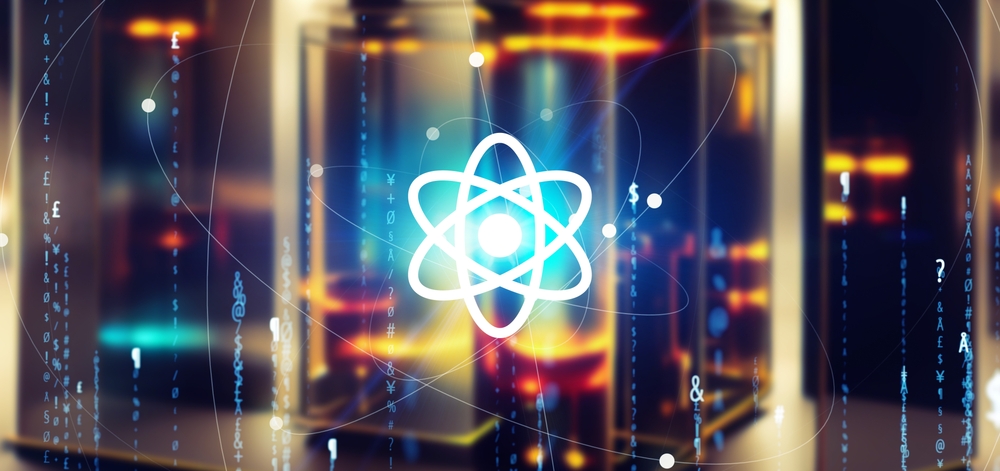
Core Principles Behind Quantum Computing
Quantum computing stands at the forefront of modern technology. It promises to solve problems beyond the reach of classical computers. Understanding its core principles is essential.
Qubits: The Building Blocks
Classical computers use bits as their basic unit. Each bit can be either 0 or 1. Quantum computers use qubits, which can be both 0 and 1 at the same time. This property makes quantum computers powerful.
Qubits are created using atoms, electrons, or photons. They harness the laws of quantum mechanics. Unlike bits, qubits can exist in multiple states simultaneously. This allows quantum computers to process vast amounts of data quickly.
Superposition And Entanglement Explained
Two key principles in quantum computing are superposition and entanglement. Superposition allows qubits to be in multiple states at once. This means a qubit can be both 0 and 1 simultaneously. This boosts processing power.
Entanglement is another fascinating phenomenon. When qubits become entangled, they share information instantaneously. Changing the state of one qubit affects the other, no matter how far apart they are. This interconnectedness enhances computational speed and efficiency.
The combination of superposition and entanglement allows quantum computers to perform complex calculations. This makes them superior to classical computers for certain tasks.
| Classical Bits | Quantum Qubits |
|---|---|
| 0 or 1 | 0 and 1 simultaneously |
| Independent | Entangled |
| Fixed state | Superposition |
Ai’s Role In Quantum Computing Advancements
The intersection of AI and quantum computing is a game-changer. AI enhances quantum computing through smart algorithms and optimization techniques. These advancements promise to solve complex problems faster than ever.
Machine Learning Algorithms For Quantum Systems
Machine learning algorithms are crucial for quantum systems. They help in identifying patterns and making predictions. This can accelerate quantum computing developments.
Quantum systems are complex and require precise control. Machine learning assists in error correction and system stability. This ensures more accurate quantum computations.
| Quantum Task | AI’s Role |
|---|---|
| Error Correction | Machine learning algorithms detect and correct errors quickly. |
| System Stability | AI maintains system stability, ensuring accurate results. |
| Pattern Recognition | AI identifies useful patterns in quantum data. |
Optimizing Quantum Computing With Ai
AI optimizes quantum computing by enhancing efficiency. AI-driven optimization reduces computational costs and increases performance.
Using AI, we can optimize quantum algorithms. This makes quantum computers more powerful and versatile. AI helps in selecting the best quantum circuits for specific tasks.
- AI selects optimal quantum circuits.
- It reduces computational costs.
- It increases overall performance.
Quantum computing and AI together create a robust synergy. This partnership pushes the boundaries of computational capabilities. Expect revolutionary outcomes in various fields.
Revolutionizing Industries With Quantum Ai
Quantum AI is changing the way industries work. It combines the power of quantum computing with artificial intelligence. This powerful combination can solve problems much faster. Traditional computers take too long for these tasks. Quantum AI brings new solutions to many fields. Let’s explore how it changes pharmaceuticals and cryptography.
Pharmaceuticals: Accelerating Drug Discovery
Quantum AI helps in finding new drugs quickly. It can analyze complex molecules much faster. This speeds up drug discovery. Researchers can test many molecules at once. They don’t have to wait for slow calculations. This means new medicines reach patients faster.
Quantum AI also predicts how drugs will work. It helps avoid harmful side effects. This makes drugs safer and more effective. Pharmaceutical companies save time and money. Patients get better treatments sooner.
Cryptography: Ensuring Next-generation Security
Quantum AI enhances security in cryptography. It can break traditional encryption easily. But it also creates stronger encryption methods. These new methods are much harder to crack. This keeps sensitive information safe.
Quantum AI also detects cyber threats quickly. It can analyze vast amounts of data in seconds. This helps prevent cyberattacks before they happen. Businesses and governments rely on this technology for security.
With Quantum AI, cryptography reaches a new level of protection. Important data stays secure from cybercriminals. This is crucial in our digital age.
Challenges And Limitations
Quantum computing and AI have the potential to revolutionize technology. Yet, their development faces significant challenges and limitations. These hurdles must be understood and addressed to push the boundaries of innovation.
Technical Hurdles: Coherence And Error Rates
Quantum coherence is a significant challenge. Quantum bits, or qubits, must maintain their state for calculations. Unfortunately, they easily lose coherence. This phenomenon, called decoherence, disrupts computations.
Error rates in quantum computing are another issue. Qubits are prone to errors due to their fragile nature. Error correction methods are essential but complex. Building a reliable quantum computer requires reducing these error rates.
Developing fault-tolerant qubits is a priority. These qubits can maintain coherence longer. They also have lower error rates. Researchers are working on new materials and methods to achieve this goal.
Ethical And Privacy Concerns In The Quantum Age
Quantum computing raises ethical and privacy concerns. With its power, it can break current encryption methods. This capability poses a threat to digital privacy and security.
Personal data could become vulnerable. Protecting sensitive information is vital. Researchers must develop new encryption methods to safeguard privacy.
AI-driven quantum computing also sparks ethical debates. Decisions made by such systems can impact lives. Ensuring these systems are fair and unbiased is essential.
Transparency in quantum AI algorithms is crucial. Understanding how decisions are made helps build trust. Ethical guidelines and regulations can help navigate these challenges.
The Future Is Quantum: Predictions And Possibilities
The future of technology is rapidly evolving with quantum computing. This revolutionary field promises to transform industries. Quantum computing’s potential is limitless, from medicine to finance.
Artificial Intelligence (AI) plays a crucial role in this journey. AI accelerates the development and application of quantum technologies. Together, they form a powerful duo, pushing the boundaries of what’s possible.
Quantum Internet: Redefining Connectivity
The quantum internet is set to change how we connect. It uses the principles of quantum mechanics for data transfer. This means faster and more secure communication. Imagine sending information instantly across the globe.
Here are some key predictions:
- Ultra-secure communication channels
- Instantaneous data transfer
- Enhanced cryptographic systems
Quantum internet could eliminate data breaches. It will make hacking nearly impossible. Businesses and governments will benefit the most.
Ai And Quantum Computing: A Symbiotic Evolution
AI and quantum computing are evolving together. This partnership enhances their capabilities. AI helps optimize quantum algorithms. Quantum computing, in turn, boosts AI’s processing power.
Consider these possibilities:
| AI Enhancement | Quantum Advantage |
|---|---|
| Faster Data Analysis | Solving Complex Problems |
| Improved Machine Learning | Handling Large Datasets |
| Advanced Predictive Models | Enhanced Simulation Capabilities |
This symbiotic relationship is pivotal. It promises breakthroughs in various fields. Medical research, climate modeling, and financial markets will see significant improvements.
Navigating The Quantum Computing Landscape
The world of quantum computing is rapidly evolving. As AI drives advancements, understanding the key players and resources is essential. This section explores the landscape of quantum computing.
Key Players And Pioneers In The Field
Several companies and institutions are leading the charge in quantum computing. Here are some of the key players:
| Company/Institution | Contributions |
|---|---|
| IBM | Developing quantum processors and software |
| Achieved quantum supremacy with Sycamore processor | |
| Microsoft | Building a full-stack quantum ecosystem |
| Rigetti Computing | Offers quantum cloud services |
| D-Wave Systems | Specializes in quantum annealing technology |
These pioneers are pushing the boundaries of what’s possible in quantum computing. Their innovations shape the future of technology.
Resources For Aspiring Quantum Scientists
For those interested in quantum computing, a variety of resources are available:
- Online Courses: Platforms like Coursera and edX offer courses on quantum computing.
- Books: “Quantum Computation and Quantum Information” by Nielsen and Chuang is a must-read.
- Research Papers: Websites like arXiv provide access to the latest research.
- Conferences: Events like Q2B and IEEE Quantum Week bring together experts and enthusiasts.
- Community Forums: Join forums like Quantum Computing Stack Exchange to discuss and learn.
These resources can help you gain knowledge and stay updated in the field.
The Societal Impact Of Quantum Computing
Quantum computing promises to change society in many ways. Its potential reaches various sectors, including education, healthcare, and technology. Understanding these impacts helps us prepare for the future.
Educational Shifts: Preparing The Next Generation
The rise of quantum computing demands new skills. Schools and universities must adapt to this need. Curriculums will include quantum physics and computer science.
Students will learn about quantum algorithms and qubits. These topics sound complex but are essential for future jobs. Teachers will need training to explain these concepts.
Educational tools will evolve too. Simulators and virtual labs can help students understand quantum principles. These tools make learning interactive and fun.
A focus on STEM (Science, Technology, Engineering, and Math) will increase. Students who excel in these areas will be in high demand. Early exposure to quantum topics will set them up for success.
The Quantum Divide: Addressing Accessibility
Quantum computing may create a new digital divide. Access to quantum resources is uneven. Wealthy nations might get ahead, leaving others behind.
Efforts are needed to make quantum computing accessible to all. Open-source projects can help. These projects allow anyone to use and study quantum technology.
Companies can offer quantum services to schools and small businesses. This ensures broader access to quantum tools. Training programs can help individuals learn about quantum computing.
Governments must invest in quantum education. Grants and scholarships can support students in this field. Public awareness campaigns will highlight the importance of quantum literacy.
A collaborative effort will bridge the quantum divide. Sharing knowledge and resources benefits everyone. This approach ensures that no one is left behind.
Frequently Asked Questions
How Does Ai Empower Quantum Computing?
AI optimizes quantum algorithms, enhancing computational efficiency. It aids in error correction, improving quantum system stability. AI accelerates quantum research and development, unlocking new possibilities.
What Is The Link Between Quantum Computing And Ai?
Quantum computing accelerates AI by processing complex algorithms faster, enhancing machine learning, and solving problems beyond classical computers’ capabilities.
What Is The Future Of Ai With Quantum Computing?
Quantum computing will revolutionize AI by speeding up data processing and enhancing machine learning algorithms. Expect breakthroughs in problem-solving and optimization tasks. This synergy promises more efficient, intelligent systems.
What Is The Intersection Of Quantum Computing And Ai?
Quantum computing enhances AI by solving complex problems faster. It boosts machine learning, optimization, and data analysis efficiency.
Conclusion
Quantum computing and AI are revolutionizing technology. Their synergy promises groundbreaking advancements. Embrace this technological leap for a brighter future. Stay informed on the latest developments. Quantum computing powered by AI is set to redefine possibilities, driving innovation and efficiency.
The future of technology is here, and it’s incredibly exciting.


